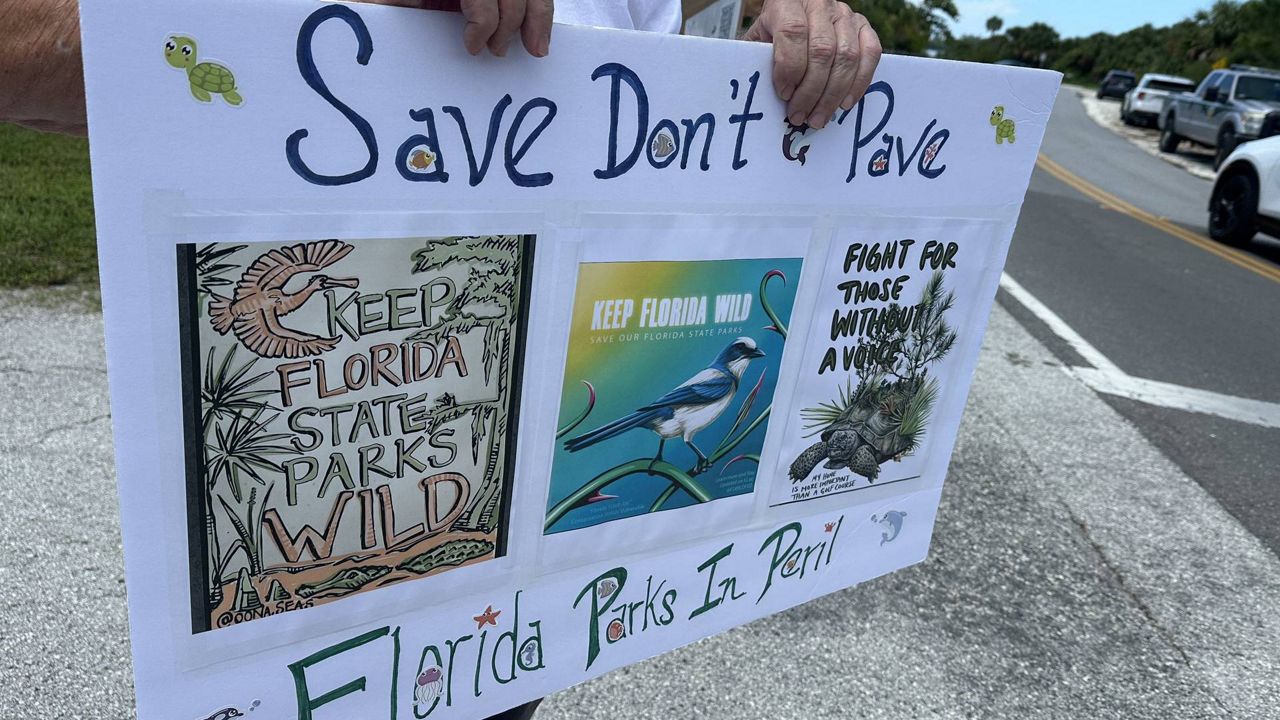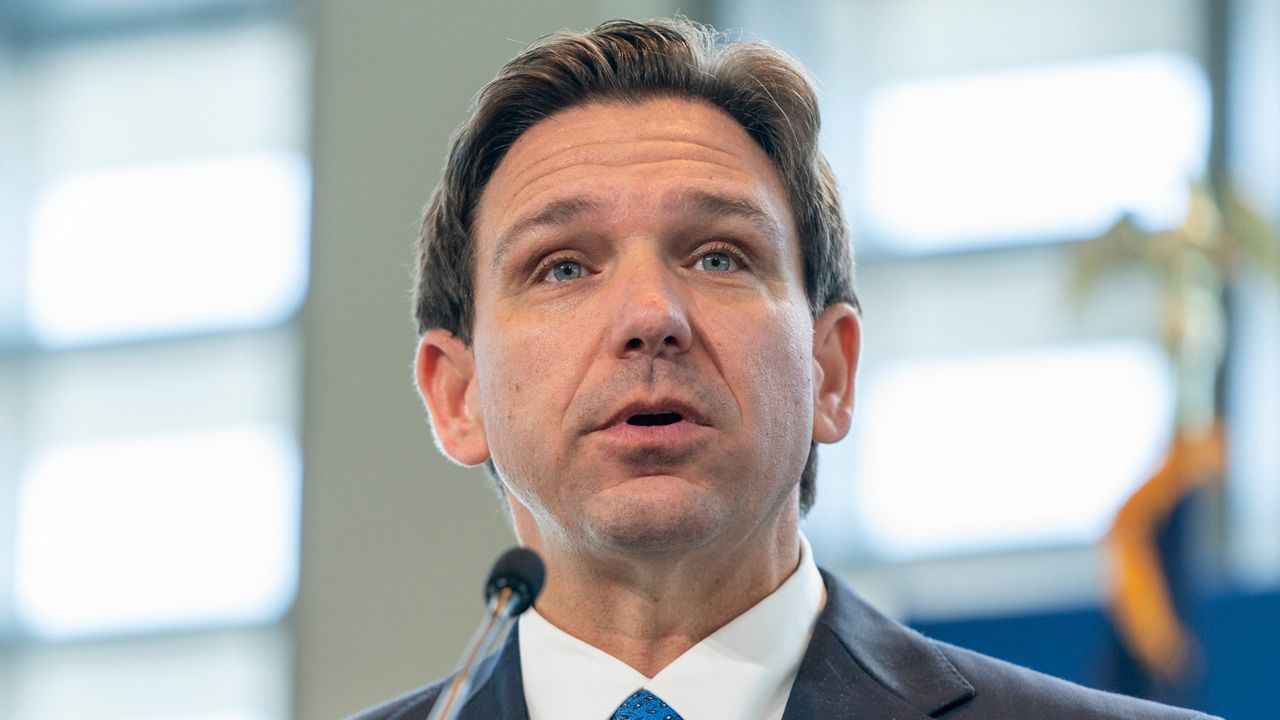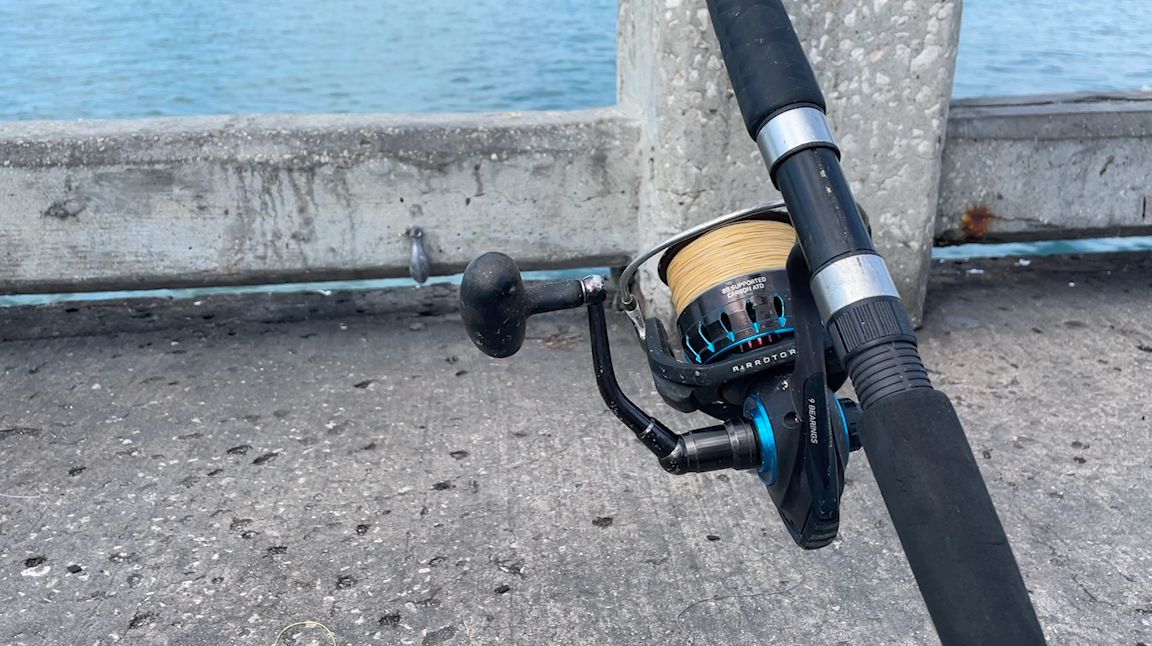FLORIDA — Despite passage of legislation this year to better prevent a recurrence of the toxic algae blooms that have ravaged Florida's waterways, environmentalists and progressive-minded lawmakers are calling for more aggressive action to be taken during the 2021 legislative session.
What You Need To Know
- The Florida Clean Waterways Act was signed into law last spring
- Detractors of the law say it doesn't do enough to protect Florida's waterways
- They want to see legislation to improve the act during the 2021 legislative session
Meeting virtually this week, they discussed what they called a glaring lack of enforcement mechanisms in the Clean Waterways Act that was passed by the Republican-controlled Florida Legislature and signed into law by Gov. Ron DeSantis last spring.
"They're not standards at all," said Rep. Anna Eskamani (D-Orlando), who organized the meeting, referring to the act's so-called "best management practices" that require action plans if water pollution levels rise to certain thresholds.
Many environmentalists have suggested those thresholds should trigger punitive actions against the agricultural interests responsible for the pollution. Runoff filled with the remnants of nutrient-rich fertilizer has been identified as a leading trigger for the algae blooms.
"When we realize how important the Everglades is to us, we would demand action," said Jeff Van Treese of the Democratic Environmental Caucus of Florida. "We would go back to, everything we needed to know, we learned in kindergarten: If you make a mess, what do you do if you make a mess? Clean it up. So, that's something that we as the public should be demanding."
The act has also established a state grant program to help local governments fund expensive infrastructure projects aimed at capturing polluted runoff before it flows into waterways. Forcing agricultural interests to contribute to the program should be key to any legislation designed to improve on this year's act.
"Some of the biggest ones really don't think about it or worry about it, so that's where policy steps in to...either mandate it or incentivize it, right?" Eskamani said.
But the agriculture industry holds enormous sway in Tallahassee and is likely to oppose any mandates that could dramatically increase farmers' costs of doing business. Those costs are often passed along to consumers, namely at the grocery store and in restaurants.
While environmentalists say the industry's warnings are overblown, they generally agree its political heft will make further reform especially challenging.
"I think, if i had a magic wand, I would get rid of — get money out of the decision-making process, because the damage done by political leaders that have capitulated to those that have a financial interest in destroying the Everglades has been absolutely catastrophic," Van Treese said.









